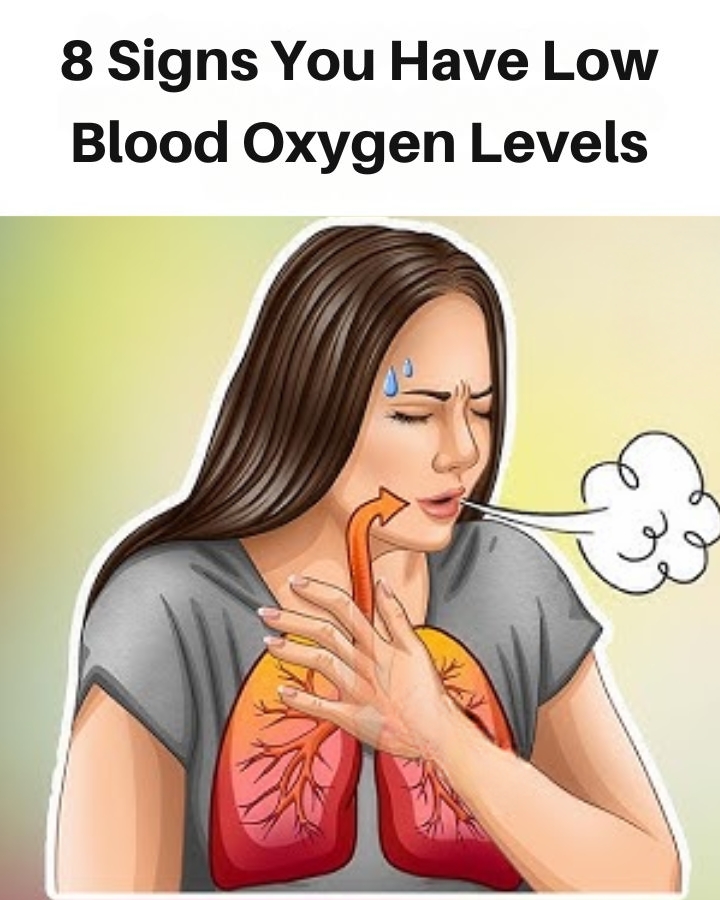Skip to content
You should know this as soon as possible.

- Shortness of Breath
You may feel like you can’t get enough air, especially during physical activity or even at rest.
- Rapid Breathing (Hyperventilation)
The body tries to compensate by increasing the breathing rate.
- Increased Heart Rate (Tachycardia)
Your heart beats faster to deliver more oxygen to organs and tissues.
- Fatigue or Weakness
Low oxygen impairs muscle performance and reduces energy levels.
- Headaches or Dizziness
The brain receives less oxygen, leading to light-headedness or even fainting.
- Cyanosis (Bluish Skin, Lips, or Fingertips)
A sign that oxygen isn’t adequately reaching the extremities.
- Confusion or Difficulty Concentrating
Oxygen deprivation can affect cognitive functions.
- Chest Pain
Especially during exertion, as the heart works harder under low-oxygen conditions.
What You Should Do
- Seek medical attention immediately if you consistently experience these symptoms.
- Use a pulse oximeter at home to monitor blood oxygen saturation (normal range: 95–100%).
- Practice breathing exercises like deep diaphragmatic breathing or pursed-lip breathing.
- Quit smoking and avoid polluted environments to support better lung function.
- Use supplemental oxygen if prescribed by a doctor.
Foods That Help Improve Oxygen Levels in Blood
- Leafy Greens (Spinach, Kale, Swiss chard)
Rich in iron and chlorophyll, which support red blood cell production.
- Beets and Beetroot Juice
Contain nitrates that improve oxygen uptake and circulation.
- Pomegranates
High in antioxidants, help improve blood flow and oxygen delivery.
- Fatty Fish (Salmon, Mackerel, Sardines)
Rich in omega-3s, which reduce inflammation and improve circulation.
- Citrus Fruits (Oranges, Lemons, Grapefruit)
Provide Vitamin C, which boosts iron absorption and strengthens capillaries.
- Nuts and Seeds (Almonds, Walnuts, Flaxseeds)
Provide essential fatty acids and help maintain healthy hemoglobin levels.
- Apples
Contain antioxidants and support cardiovascular health and lung function.
- Water
Staying well-hydrated is key for optimal blood volume and circulation.
